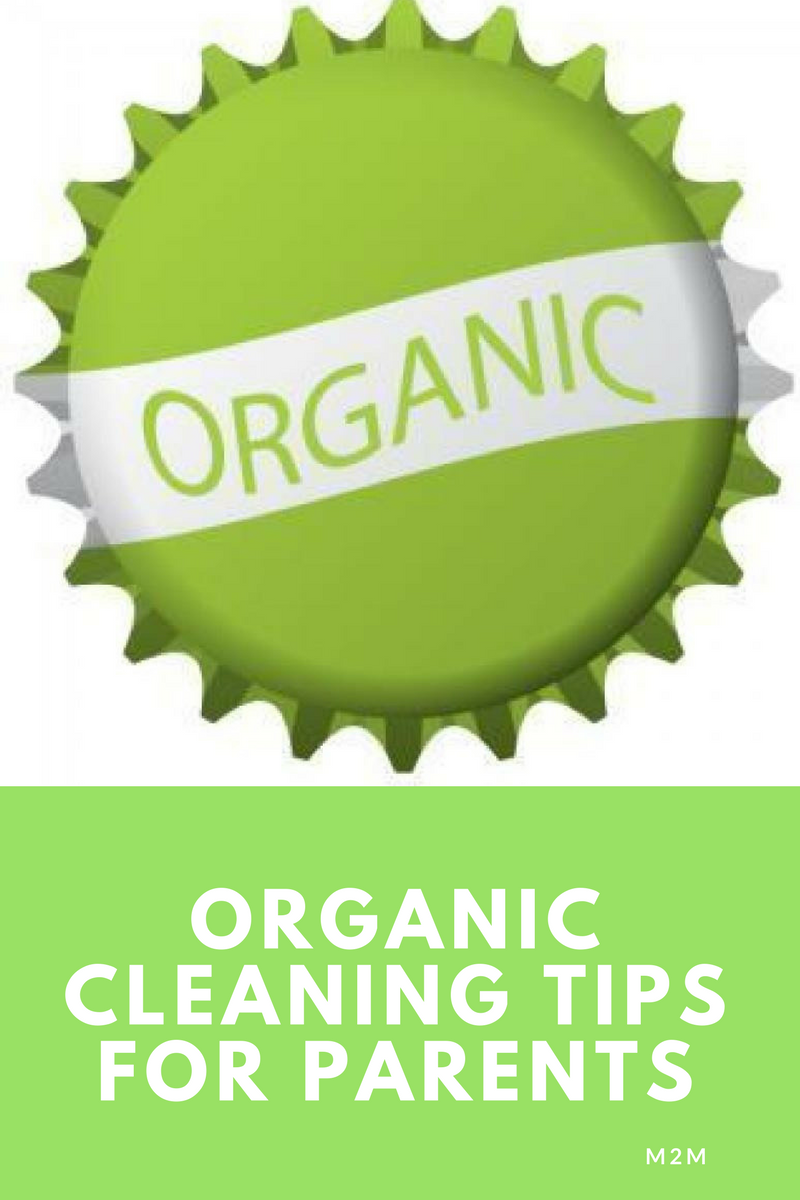
Research has come out recently about environmental toxins. In particular their effect on the endocrine system. Some household products are toxic. Fortunately, most parents know the harmful ingredients (bleach, parabens, sodium sulfate, phthalates, etc.) Unfortunately, there are literally dozens of other toxic ingredients in some of the cleaning products we use every day. This post discusses organic and non-toxic cleaning tips for parents of newborns and young children.
Always check the label
Products that say “organic” on the label contain little or no artificial ingredient or preservatives. However, some products marketed as “natural” and “organic” do have some ingredients that may be classified as unsafe for children. As a result, it is recommended that parents review the ingredients carefully. You can get more information on this by visiting the Enviromental Working Group (EWG) website to find more information on specific ingredients.
Buy eco-friendly cleaners
Cleaners that have been endorsed by groups that support eco-friendly products (such as Greenseal.org) are ideal for parents with children. These “green” cleaners don’t have ingredients known to cause skin irritation, sensitivity, or cancer. Also, they don’t have phthalates and fragrances must be disclosed.
So, if you can’t immediately access safe cleaners consider making your own non-toxic cleaners at home. For example, combine white vinegar, baking soda and lemon juice. It’s perfect for cleaning bathtubs and porcelain sinks. If you need a solution that kills bacteria try hydrogen peroxide.
Products that are labeled non-toxic are deemed safe to use because they don’t cause any personal injury from contact or inhalation. But, keep in mind that this doesn’t mean that the product is completely free of chemicals. Biodegradable simply means that the product will decompose after some time. Most importantly, it is not an indicator of safety, especially for newborns.
Be very selective with plastics
Plastics are made with a variety of chemicals such as BPA and PVC. Some can leak into food and drinks. The good news is you can find plenty of plastic materials that are free of BPA and other harmful ingredients. Plastics that are labeled “microwave safe” only mean that the plastic won’t melt from the heat. That doesn’t mean that other chemicals won’t leak from the plastic. As a result, make a habit of hand-washing plastics instead of using the dishwasher.
Avoid commercial cleaners
Any cleaning product that advises using gloves or opening the windows is most likely unsafe to use around your child. Home products such as table salt, tea tree oil, vinegar, and lavender can be used to clean windows, ovens, and walls. Additionally, they also good for cleaning bathrooms, mold, and rugs. Most commercial bathroom cleaners are toxic and can cause long-term health problems for infants. Vinegar and baking soda can be used to create a paste that cleans out scum. Furthermore, it leaves the walls and floor of your shower perfectly clean. Alternatively, use Castile soap and club soda for tougher stains.
When purchasing products such as hand soaps, sanitizers and air fresheners, check the label for chemicals that might be unsafe for your little one. The EWG database will provide more information on the ingredients.
Additional Resources:
http://www.empiremaids.nyc

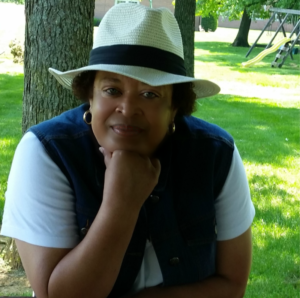
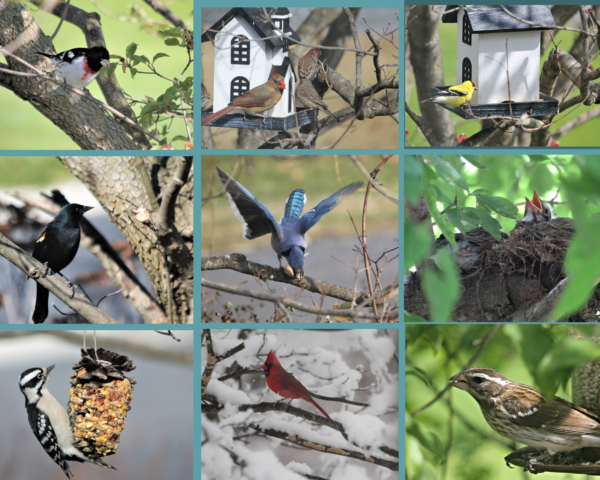
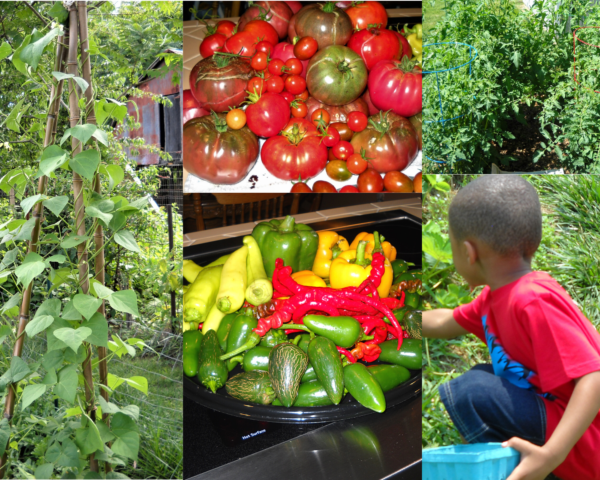
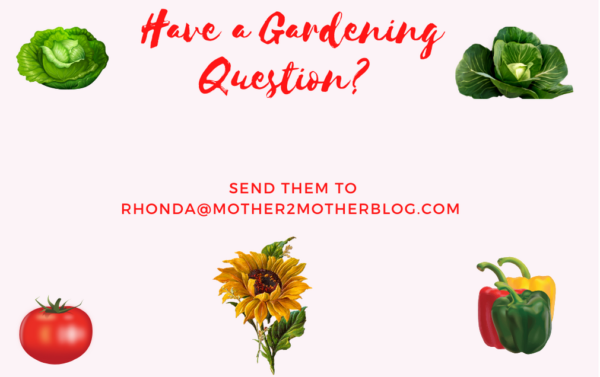

Speak Your Mind